2023 서울국제스포츠레저산업전(SPOEX) 관람 후기
이번에 삼성역 코엑스에서 진행한 서울국제스포츠레서산업전(SPOEX) 전시장에 다녀왔습니다.
일단 이미 사전등록을 해 놓았었는데 시간이 될 지는 몰랐거든요.
근데 다행이 시간이 나서 마침 프리다이빙 장비 구경할 겸 방문해 봤습니다.

주말인걸 감안해도 예상보다 사람이 많은걸 보니, 정말 스포츠와 레저에 많은 관심을 가지고 있는 분들이 많다는 사실을 다시 한 번 느낄 수 있었습니다.
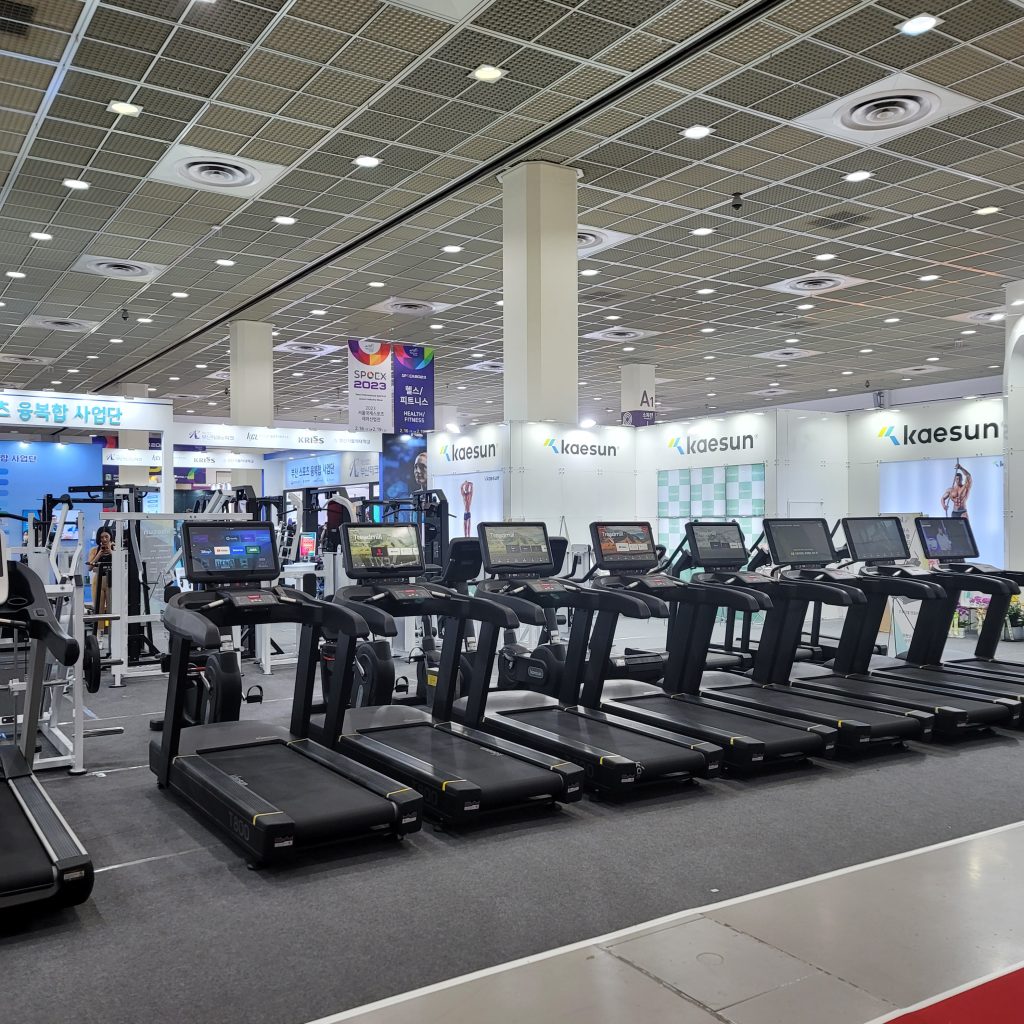
1층 전시관에 들어서자마자 여러 스포츠용품 업체들의 전시 모습을 볼 수 있었는데요.
역시나 스포츠 시장에 있어 Gym 분야가 차지하는 비중이 매우 크다는 점을 느낄 수 있었답니다.
정말 다양한 Gym 기구들이 전시되어 있었는데요. 계속 걷다보니 무슨 헬스장에 온 것 같았답니다.
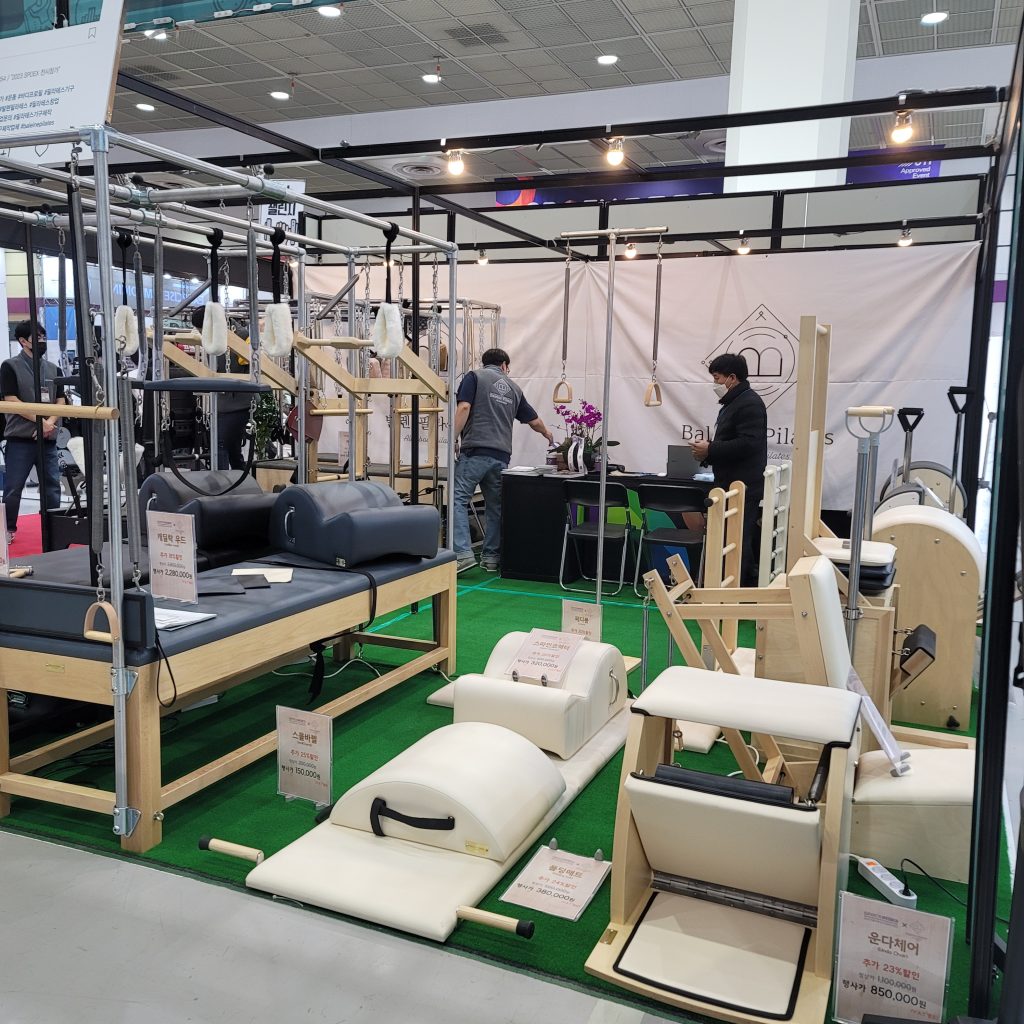
대체적으로 Gym 기구 위주로 전시되어 있었지만, 필라테스 기구도 꽤 전시된 걸 볼 수 있었는데요.
확실히 최근 국내 스포츠 시장이 Gym분야가 1순위인 가운데 필라테스 분야도 시장이 점점
늘어나고 있다는 점을 느낄 수 있었답니다.
(근처 체육관을 찾아보면 Gym 다음으로 필라테스가 많다는 점을 통해서도 알 수 있죠.)
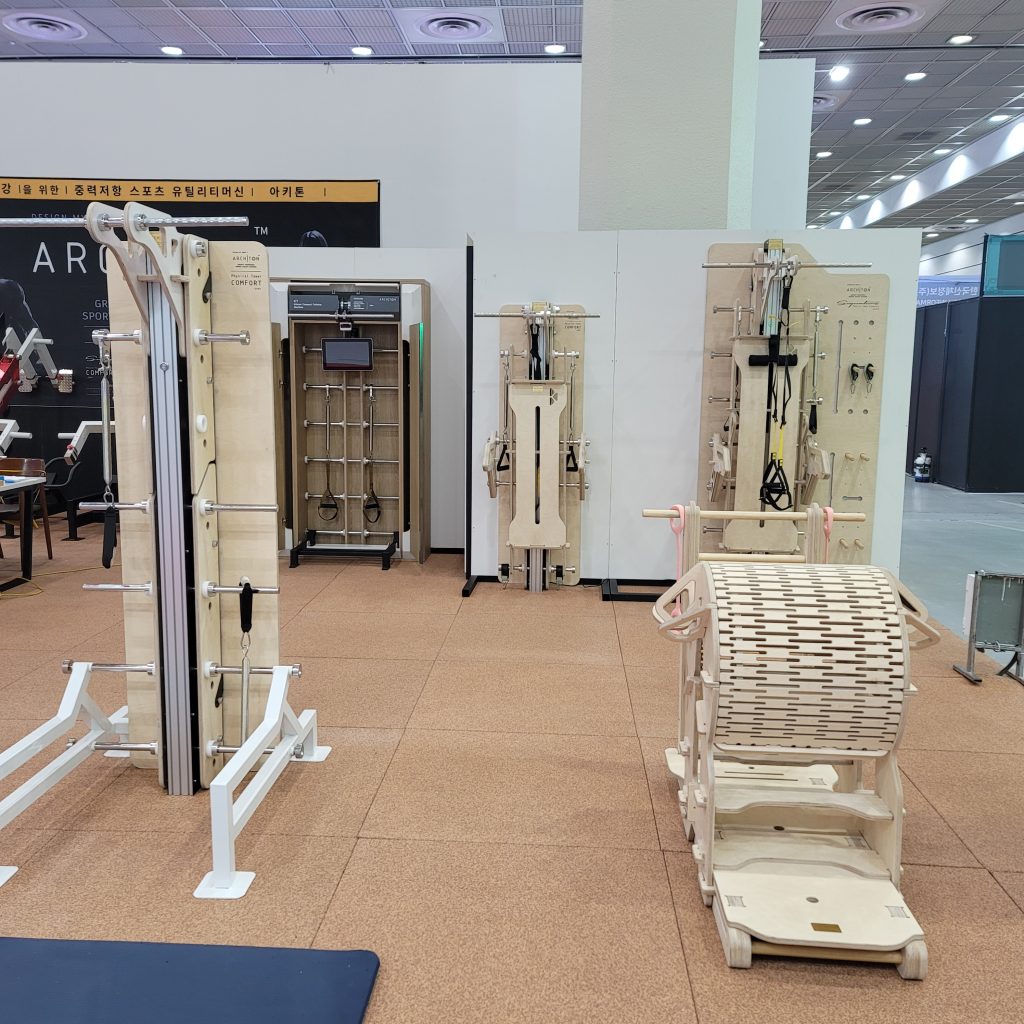
개인적으로 꾸준히 필라테스를 하고 있어서 좀 더 관심이 가게 되었는데요.
제가 알고 있는 기구 이외에도 생각보다 다양한 기구가 전시되어 있더라구요.
한 번 체험해 보고 싶었지만… 사람들 시선에 그냥 눈으로 구경만 했습니다. ㅎㅎㅎ

돌아다니다 보니 다이어트 식단 업체에서 시식코너를 운영하고 있더라구요.
마침 점심 전이던 저는 자연스럽게 이동하였고 ㅋㅋㅋ 과감히 하나 후딱 해치웠답니다.
배고파서 그런진 모르겠지만 아주 맛있었답니다. ㅎㅎㅎ

마침 바로 옆에 프로틴 음료도 시식코너를 운영중이라 구경하듯 하면서 2잔을 원샷!!! ㅋㅋㅋ
역시나 배고파서 그랬는지 프로틴 음료도 맛있게 넘어가더라구요 ㅎㅎㅎ

전시관을 돌아다니면서 저의 주 목적이였던 수중스포츠 전시를 계속 찾고 있었는데요.
1층 전시관에 없어서 이상하다 했는데… 수정스포츠관은 3층에 따로 있더라구요.
개인적으론, 이렇게 따로 전시관을 운영할 만큼 많은 업체가 참가했구나…
그만큼 국내에서 프리다이빙을 비롯한 수중스포츠 시장이
굉장히 활성화 되었구나 라는 생각을 하게 되었습니다.
수중스포츠관에 입장을 하니 1층 전시관에 준한 규모로 전시되어 있는 걸 보곤
개인적으론 좀 놀랐습니다. 이렇게나 많은 업체가 있었나~ 하구요.

프리다이빙을 시작하면서 자연스럽게 알게 된 더블케이 매장을 보니 괜히 반가웠습니다. ㅎㅎㅎ
기본적으로 가지고 있는 장비도 구경하면서 새로운 장비들이 있는지 관람하고 있으니
괜히 지름신이 오는 것 같은 느낌이 들었답니다.
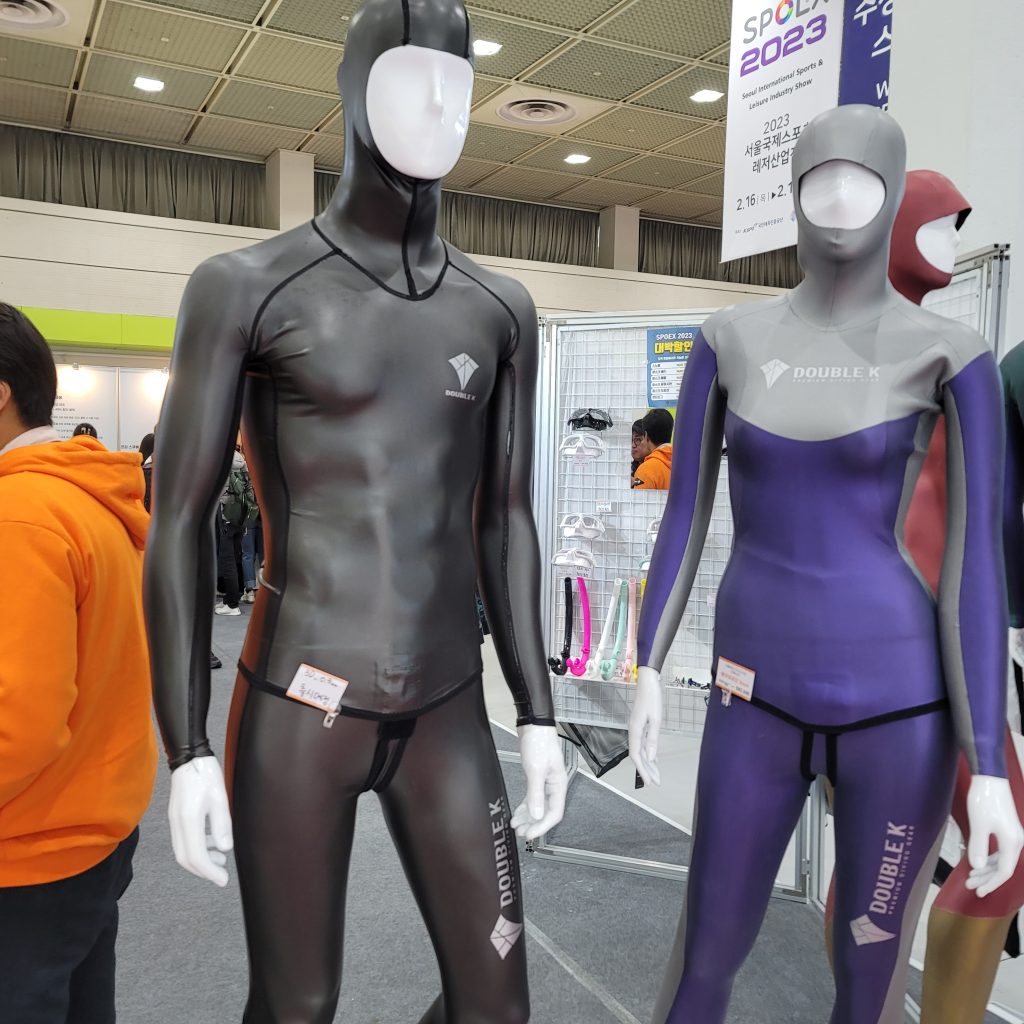
아니나 다를까… 수트를 구경하던 중 기존에 보던 거랑 느낌이 다른 게 눈이 보였는데요.
아직 공식 출시전 수트지만, 두께가 0.3mm 짜리 있더라구요.
개인전으로 더위를 많이 타기 때문에 다이빙 오래 하다 보면
현재 사용중인 3.5mm 수트도 더울때가 자주 있거든요.
왠지…공식 판매 시작하고 가격만 좀 착하게 나온다면…
바로 구매하지 않을까 싶네요. ㅡ.ㅡ;;
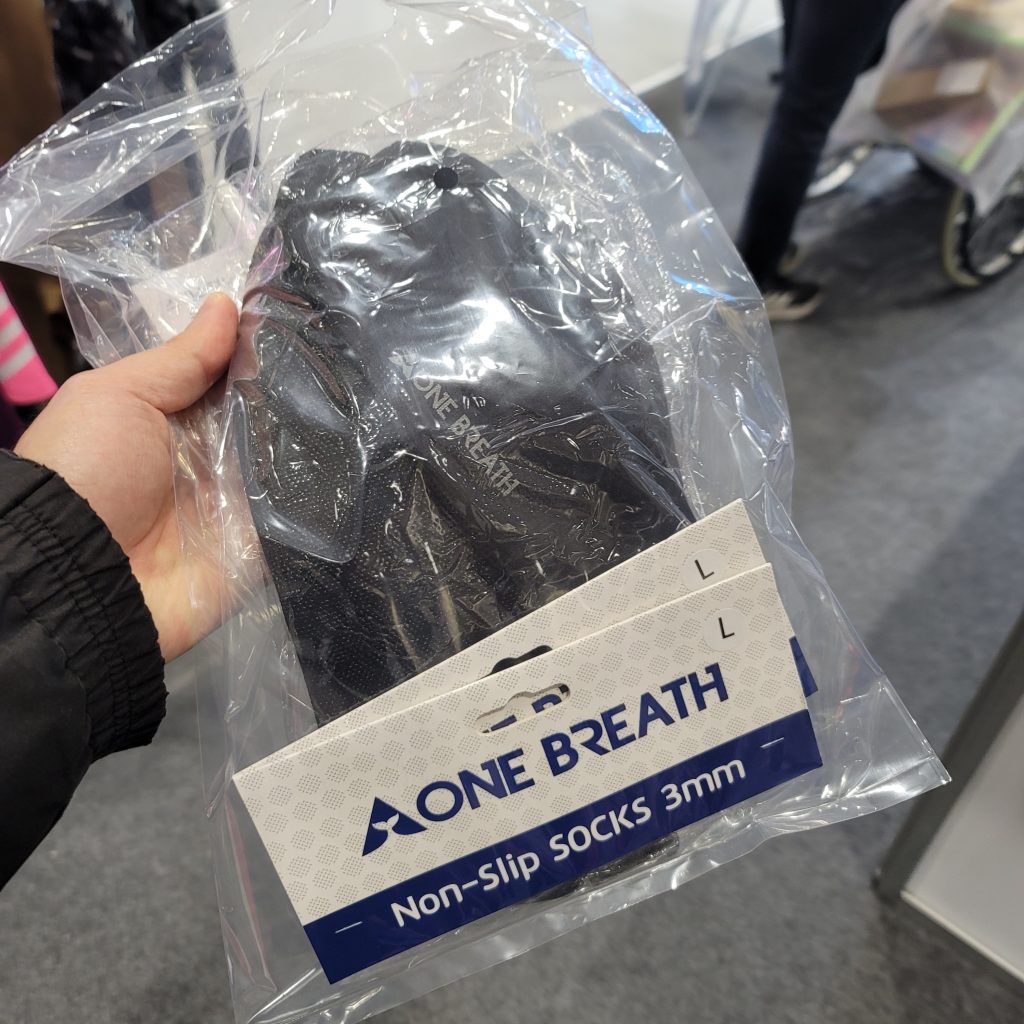
여러 전시관을 둘러보다가 마침 사이즈가 맞는 양말이 만 원에 판매하길래
언릉 제고 확인하고, 넉넉하게 두 개 구매를 했답니다.
개인적으로 평소에도 그렇고, 다이빙 할 때도 양말이 금방 찢어지더라구요.
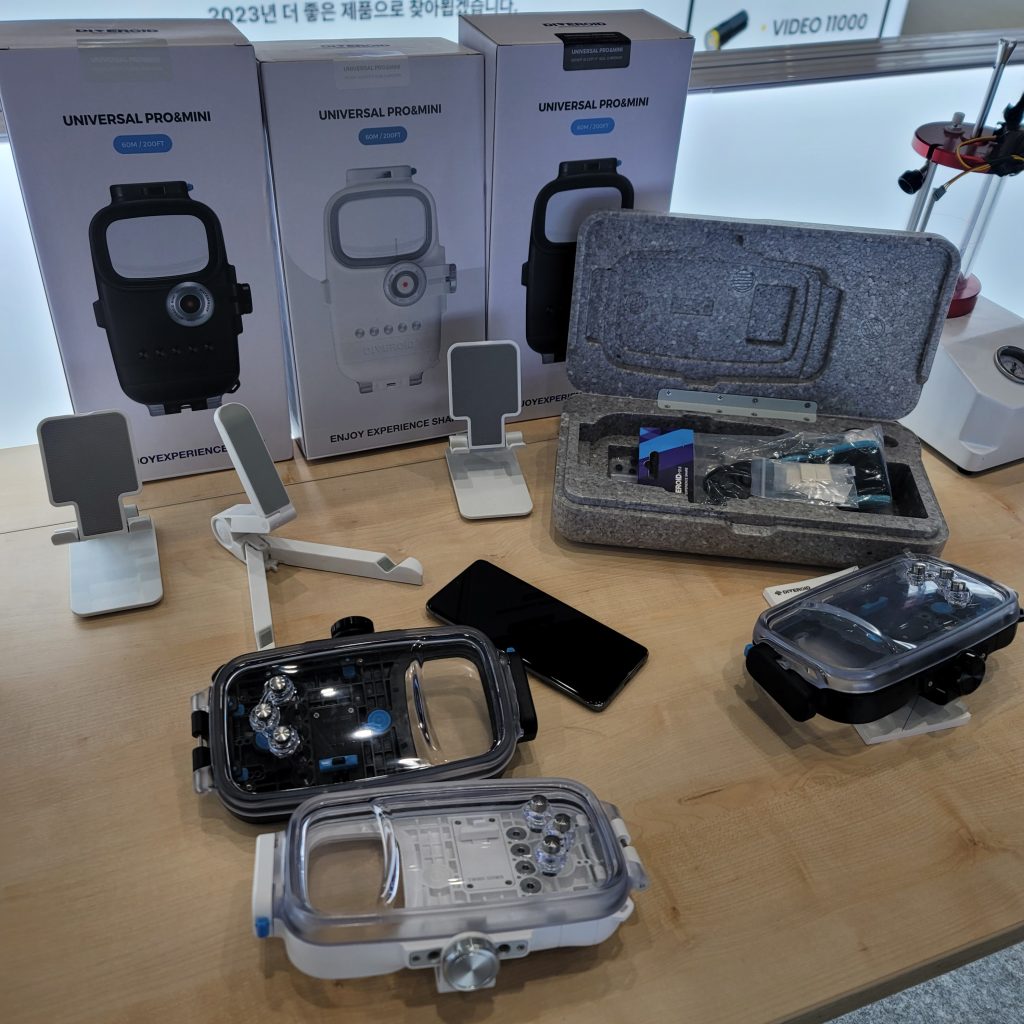
다이빙을 하다보면 역시 촬영 장비를 빼놓을수가 없는데요.(인증샷 중요하죠!!!)
저도 그렇지만, 기본적으론 Gopro 장비를 많이 사용하는데요.
실내수영장에서 촬영하다보면 사진과 동영상을 번갈아 가면서
촬영하고 싶은 경우가 많지만 이 부분에서 Gopro가 약간 불편한 점이 있거든요.
그래서 내가 가지고 있는 스마트폰으로 물 속 촬영을 원활히 하고 싶을때가 있는데요.
이런 생각을 가지고 있는 분들을 타켓으로 나온 제품이 아닐까 싶네요.
현재 출시한 대부분의 스마트폰(아이폰 미니 제외)은 거의 다 지원하고 있어서
호환성 문제는 크게 없을 것 같은데요.
막상 직접 잡아서 들어보니 생각보다 무게가 꽤 많이 나가더라구요.
무게 부분은 개인 취향이긴 하지만 개인적으론 너무 무거서워 부담되더라구요.
나중에 다이빙 스킬이 늘었을 때, 누군가를 제대로 찍어주고 싶을 때라면
한 번 고민해 볼 수 있을 것 같습니다.

전시관을 둘러보니 역시나 수중스포츠 분야에서 유명한 SSI가 가장 크게 부스를 차리고
전시를 진행중에 있었습니다.
마침 전용앱 설치 이벤트도 참가할 겸 전용앱을 설치하다보니 새로운 사실을 알았답니다.
제가 사는 동네에 SSI 공식 강습소가 있더라구요. ㅎㅎㅎ
마침 올 해 기회가 된다면 스쿠버 자격증을 따고 싶었는데 한 번 들러봐야겠네요.
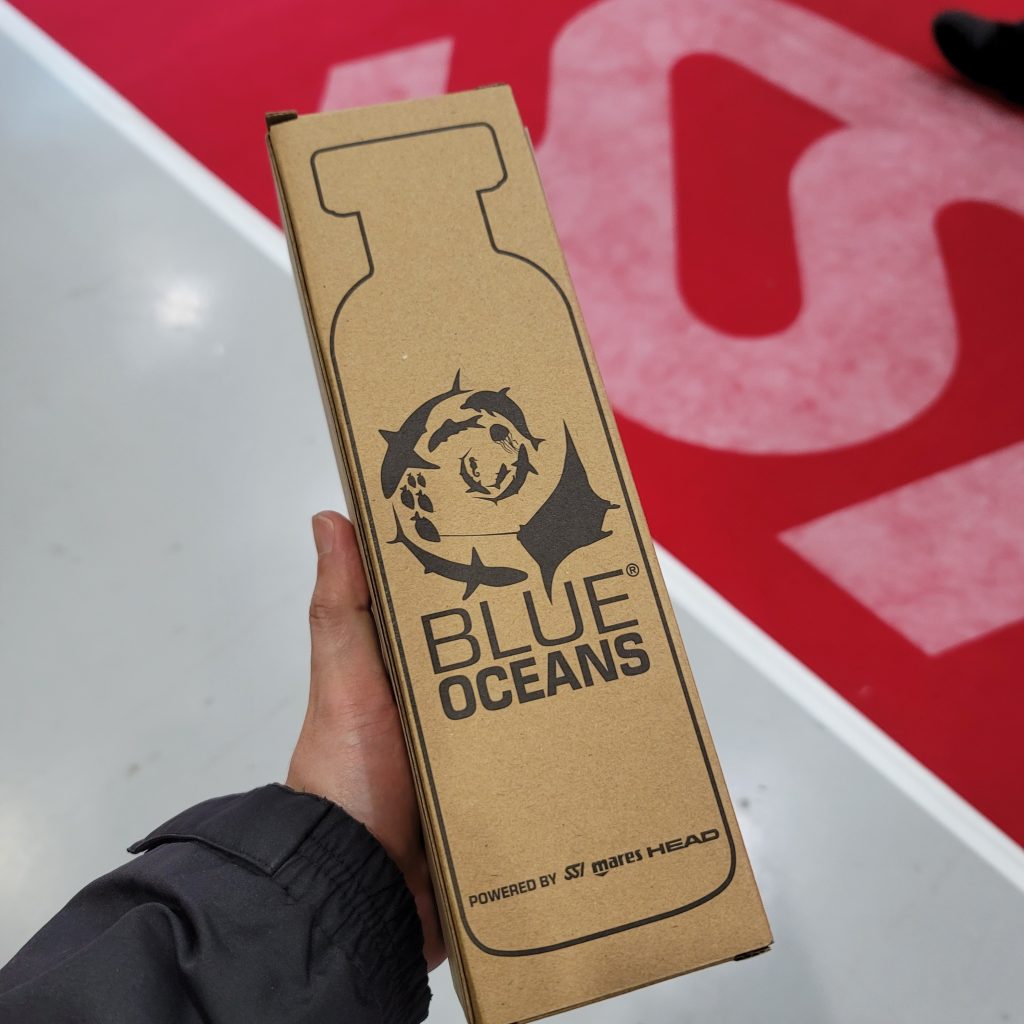
전용앱 설치하고, 인스타그램 해쉬테그 이벤트가 참여한 걸 확인 받은 후
이렇게 사은품을 받았답니다. ㅎㅎㅎ
원래 개인 물병은 잘 사용하지 않아서 관심 없었는데요.
이 건 왠지 고급스럽게 보여서 가지고 있다가 나중에라도 활용하면
좋을 것 같아 이렇게 받아 왔답니다. ㅎㅎㅎ
이렇게 2023 서울국제스포츠레저산업전을 둘러 봤는데요.
점점 우리 사회에서 건강과 레저에 많은 관심을 가지고 있다는 점을
다시 한 번 느낄 수 있었습니다.
개인적으론, 수중스포츠에 대한 관심과 시장이 크다는 점을 알 수 있어서
다양한 경험을 할 수 있다는 기대감도 가질 수 있는 시간이였답니다. ^^